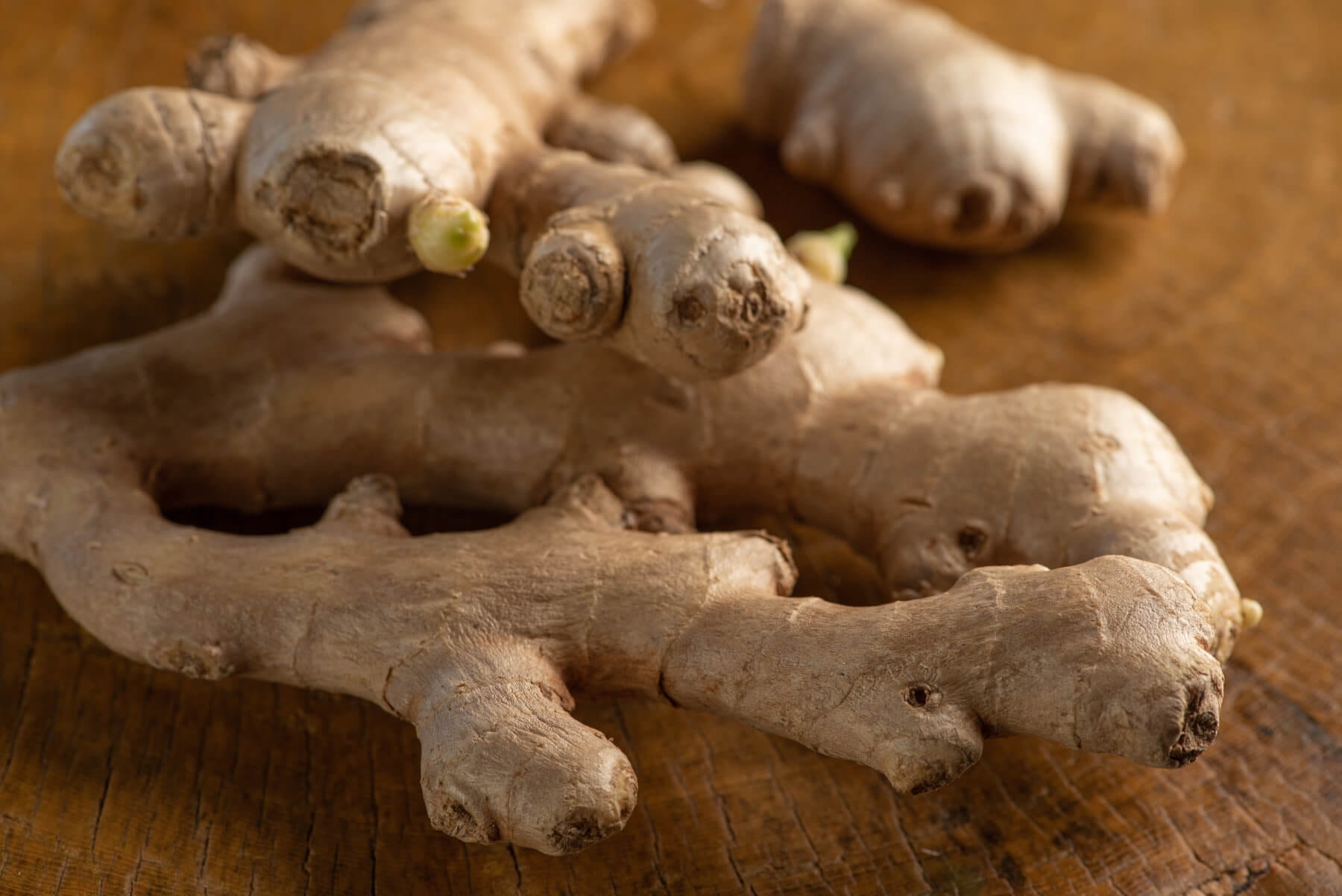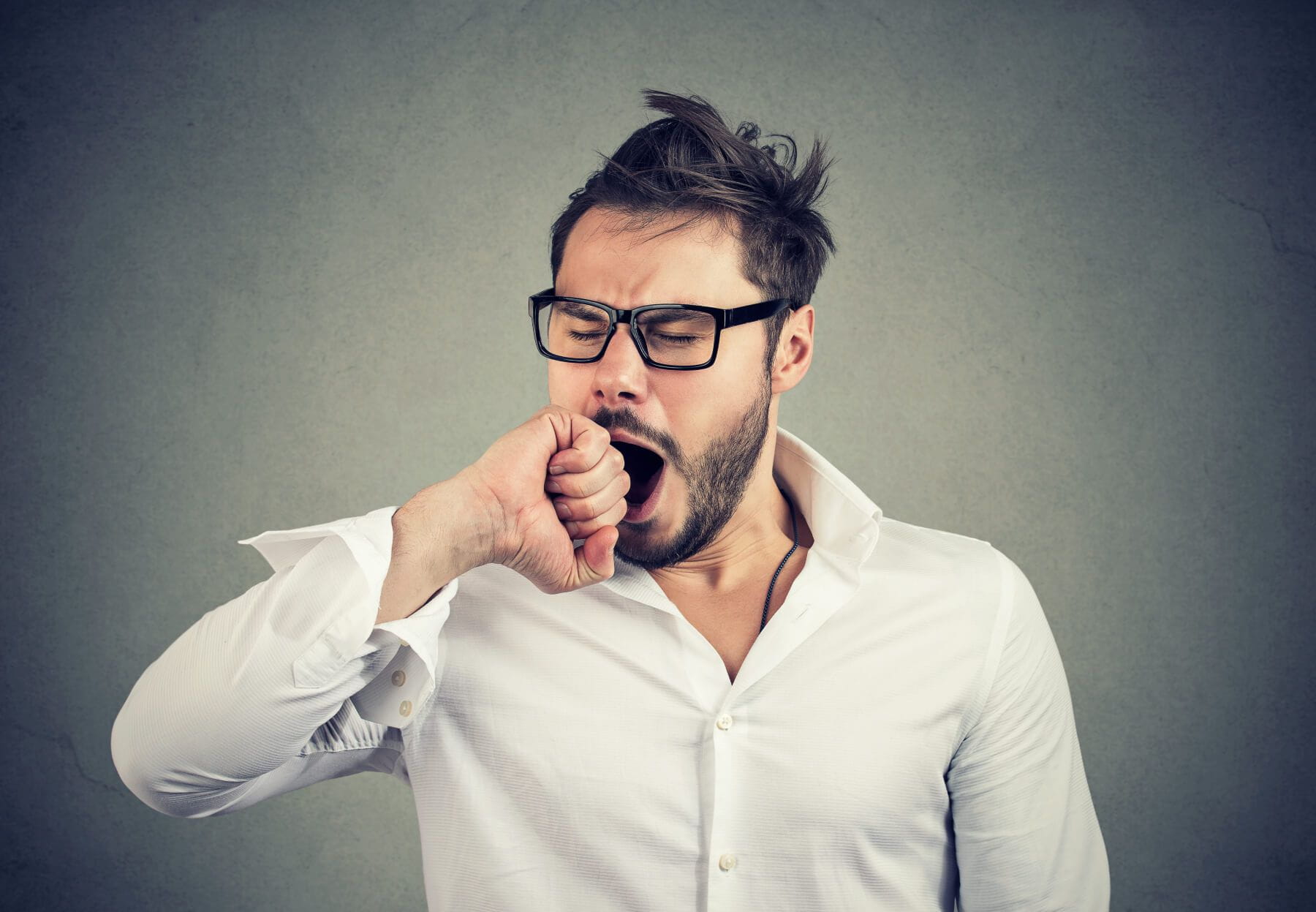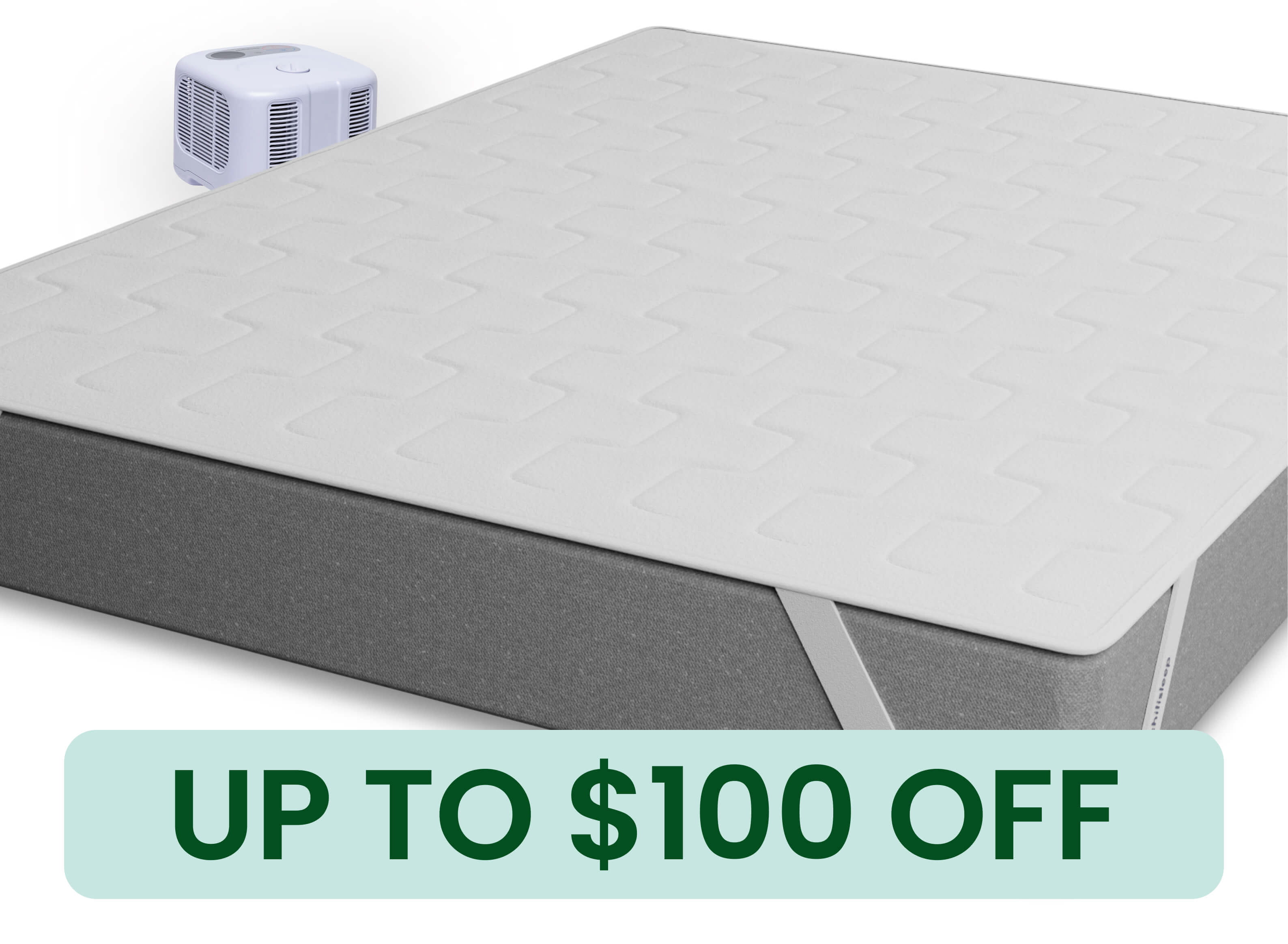
We know that lower testosterone levels have been linked to increased body fat. We also know that a good night's sleep can help you manage weight.
This highlights the significance of a good night's sleep to shed excess fat, maintain blood sugar levels, and reduce the risk of metabolic diseases such as diabetes and obesity.
Your mindset, bone strength, and sleep cycles are a few functions impacted by an individual's testosterone levels. Too little or too much testosterone can generate concerns, but a high testosterone level is not a problem that many men naturally experience. [1]
But, levels and sleep problems may be linked. While working on one may help the other.
Therefore, since we know that a healthy testosterone level is essential for weight loss and quality sleep, we wanted to research foods that can increase lean muscle mass, naturally boost testosterone, and improve sleep.
Decrease of Insulin Study: Studies have shown that just one night of sleep deprivation can decrease insulin sensitivity by as much as 33%. [2]
Someone's testosterone level can fall naturally as they age — by 1 to 2 percent per year. [3] But this can occur based on lifestyle choices, medical conditions, and other factors that can impact the amount of this hormone in the body.
Foods That Boost Testosterone
Now it’s time to share foods that increase testosterone; this list works equally for men and women.
Women can also suffer from low testosterone, and this hormonal imbalance can result in diminished libido, exhaustion, and a loss of muscle mass, among other things.
Below you'll find an updated list of testosterone booster foods that can help improve your sleep while boosting testosterone naturally -- and it has something for everyone, including carnivores, pescatarians, and vegans.

1. Tuna & Fatty Fish
Fish oil, and fatty fish, are rich in omega-3 fatty acids (vegetarians can try omega-3 supplements). One study on the effect of fish oil on dogs showed that fish oil can increase semen quality and serum testosterone levels by improving fatty acid profiles.
If you’re not keen on tuna, try other fatty fish rich in omega-3 fatty acids, including Atlantic mackerel, salmon, and sardines. All have been linked to boosting testosterone.
2. Oysters
Most individuals have heard about the connection between eating oysters and a healthier libido. But have you ever wondered why? The zinc within the oysters is the absolute superstar since studies have shown a link between zinc deficiency and erectile dysfunction.
Oysters, which are also high in omega-3s, selenium, and vitamin B12, positively affect male reproduction. In a rat study analyzing the effect of shell supplementation on the regulation of male reproduction, the zinc-rich oyster shells increased serum testosterone concentrations. [4]
3. Egg Yolks
While egg whites are praised for protein, most of the nutrients in an egg are actually in the yolk. Eggs are rich in phosphorus, calcium, potassium, and all of the essential trace elements, including copper, iron, magnesium, manganese, selenium, and zinc, with egg yolk being the major contributor to iron and zinc supply.
Journal Study & Egg Yolks: A study in the journal Nutrients showed that egg yolks can help men struggling with low testosterone levels. [5]
The study found that “the presence of such minerals and micronutrients in egg is quite interesting as a deficiency in some of these (Zn, Mg, and Se) has been associated with depression and fatigue and development of pathological diseases.”

4. Ginger
According to the journal Biomolecules, fresh ginger supplementation enhances testosterone production in males. [6] And like other foods on this list, ginger is very high in zinc (sensing a theme yet?) as well as vitamin C, vitamin E, beta-carotene, lutein, lycopene, quercetin, genistein, and tannin, plus manganese, copper, and selenium. As you can see, ginger provides a lot of great health benefits.
5. Garlic
Garlic provides many health benefits. It's a superfood for a reason: it contains a compound called diallyl disulfide, which works as an antiviral and antibacterial supplement, lowers cholesterol, and according to the Asian Pacific Journal of Tropical Biomedicine, eating garlic boosts serum testosterone levels.

6. Leafy Green Vegetables
Not only are greens healthy for anyone’s diet, but they’re also rich in magnesium, a mineral that may increase your testosterone levels. According to the journal Biological Trace Element Research, when comparing athletes to non-active individuals, magnesium increased testosterone levels [7] in both groups. Still, the increases were much higher in those who exercised regularly.
Include more leafy greens, such as spinach and kale.
7. Pomegranates
Pomegranates are delicious, high in vitamin C and antioxidants, and can also increase testosterone levels by 24% when eaten consistently for two weeks, according to one study. [8]
8. Tryptophan Foods
When you hear the word tryptophan, it's often related to Thanksgiving and turkey. We often think that the turkey (because of tryptophan) makes us sleepy. Even though they won't make you tired immediately, foods high in tryptophan deliver your body with an essential amino acid.
Below is a list of foods that are naturally high in tryptophan.
- Turkey
- Pineapples
- Salmon
- Nuts and Seeds
- Seaweed
- Turnip
- Beans
- Sunflower Seeds
The Role of Testosterone and Sleep
Now that we discovered the foods that can help boost testosterone let’s look at how testosterone enables you to sleep better.
Did You Know: Testosterone levels rise during sleep and decrease during waking hours.
Research on sleep disorders and testosterone in men has shown that testosterone is at its highest levels during REM sleep. REM sleep is the deep restorative sleep that occurs primarily late in the nightly sleep cycle.
A study found [9] that plasma testosterone levels peak during sleep and that “various disorders of sleep -- including abnormalities of sleep quality, duration, circadian rhythm disruption, and sleep-disordered breathing -- may result in a reduction in testosterone levels.”

Sleep Apnea Affects Testosterone Levels
Unfortunately, there's a significant connection between testosterone and sleep apnea.
Men who don't get enough quality sleep because of obstructive sleep apnea tend to have low testosterone levels. Prioritizing sleep, limiting alcohol, and maintaining a healthy weight have all been shown to minimize sleep apnea severity.
Men struggling with both low testosterone and sleep apnea were also found to more likely be "associated with altered pituitary-gonadal function and sexual dysfunction, manifested primarily as erectile dysfunction and decreased libido," according to The World Journal of Men's Health [10]
Did You Know: Deep sleep also stimulates a natural boost in human growth hormone (HGH). Indeed, a whopping 70% of HGH release occurs during deep sleep.
Final Thoughts
By incorporating these foods into your diet, you can naturally boost your testosterone levels and support your overall health and well-being. As we discussed we mentioned earlier, testosterone naturally declines as we age, but levels may also be low because of medications or medical conditions.
Particular testosterone boosting foods may encourage the body to produce more testosterone, including tuna, eggs, oysters, pomegranates, and leafy greens.
Reducing stress and exercising can also help increase low testosterone and improve sleep. To see results, it's recommended a combination of methods. If you are experiencing symptoms of low testosterone, you should speak to a doctor.
Citations/References
[1] Harvard Health Publishing. (2015, July 16). Testosterone — What It Does And Doesn’t Do. Harvard Health. View Resource
[2] Insulin sensitivity: One night of poor sleep could equal six months on a high-fat diet, study in dogs suggests. (n.d.). ScienceDaily. Retrieved May 20, 2022. View Resource
[3] Leproult R, Van Cauter E. Effect of 1 week of sleep restriction on testosterone levels in young healthy men. JAMA. 2011 Jun 1;305(21):2173-4. doi: 10.1001/jama.2011.710. PMID: 21632481; PMCID: PMC4445839.
[4] Dissanayake D, Wijesinghe PS, Ratnasooriya WD, Wimalasena S. Effects of zinc supplementation on sexual behavior of male rats. J Hum Reprod Sci. 2009 Jul;2(2):57-61. doi: 10.4103/0974-1208.57223. PMID: 19881149; PMCID: PMC2800928.
[5] Réhault-Godbert, S., Guyot, N., & Nys, Y. (2019). The Golden Egg: Nutritional Value, Bioactivities, and Emerging Benefits for Human Health. Nutrients, 11(3), 684. View Study
[6] Banihani S. A. (2018). Ginger and Testosterone. Biomolecules, 8(4), 119. View Study
[7] Cinar, V., Polat, Y., Baltaci, A. K., & Mogulkoc, R. (2011). Effects of magnesium supplementation on testosterone levels of athletes and sedentary subjects at rest and after exhaustion. Biological trace element research, 140(1), 18–23. View Study
[8] Al-Dujaili, E., & Smail, N. (2012). Pomegranate juice intake enhances salivary testosterone levels and improves mood and well being in healthy men and women. Endocrine Abstracts, 28. View Resource
[9] Wittert G. The relationship between sleep disorders and testosterone in men. Asian J Androl. 2014 Mar-Apr;16(2):262-5. doi: 10.4103/1008-682X.122586. PMID: 24435056; PMCID: PMC3955336.
[10] Kim, S. D., & Cho, K. S. (2019). Obstructive Sleep Apnea and Testosterone Deficiency. The world journal of men's health, 37(1), 12–18. View Study






